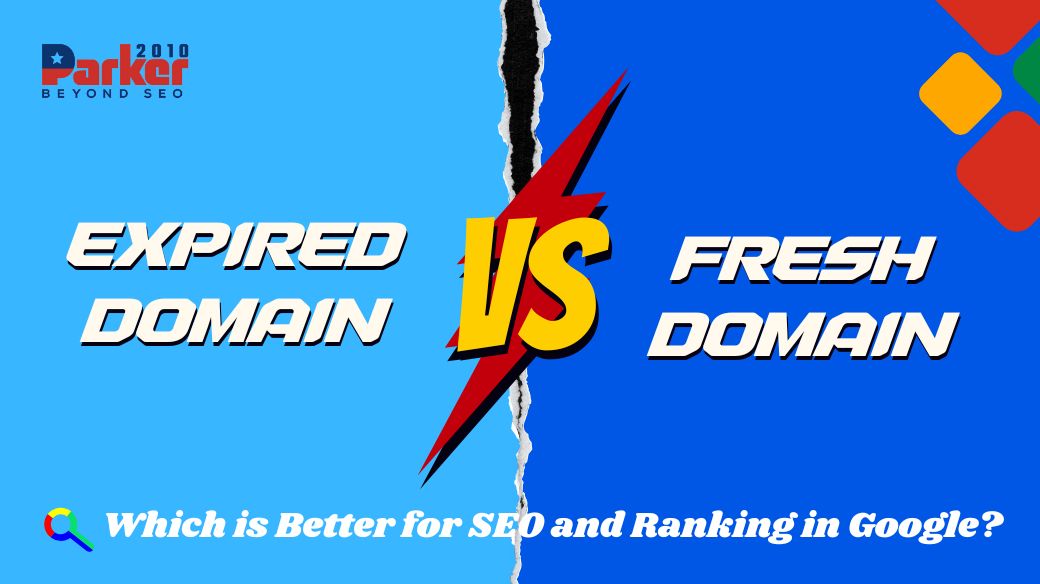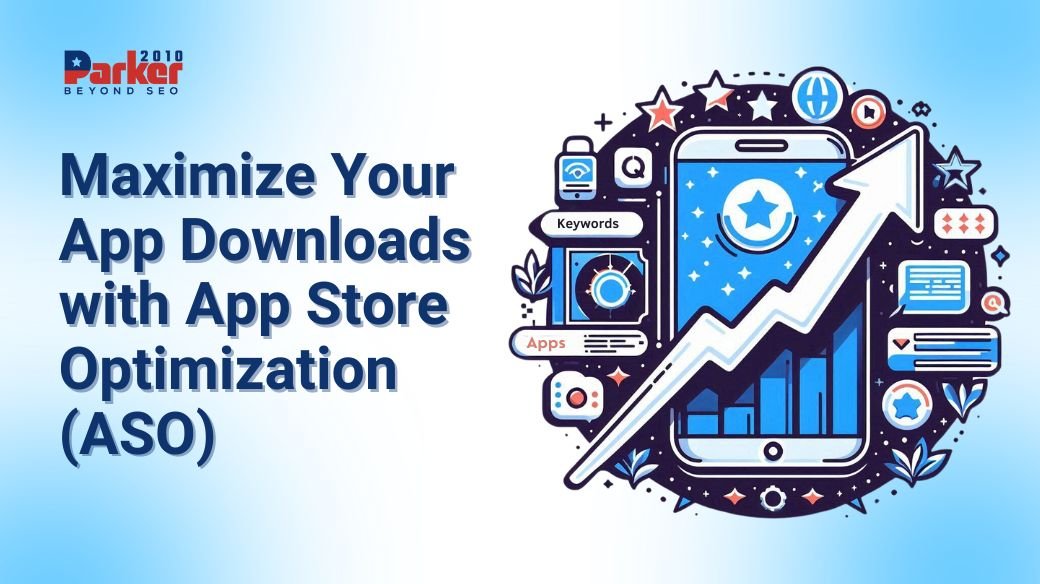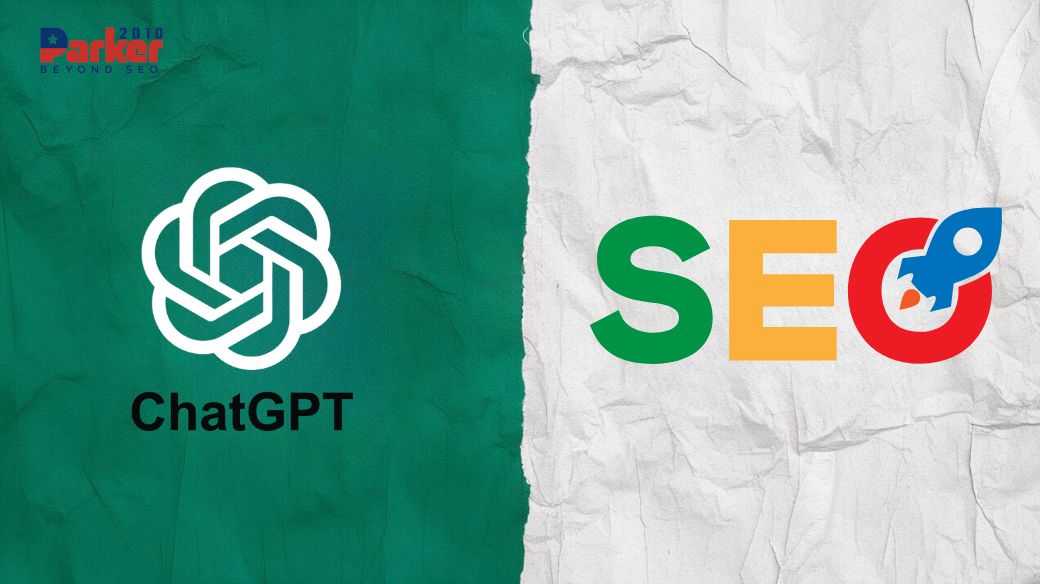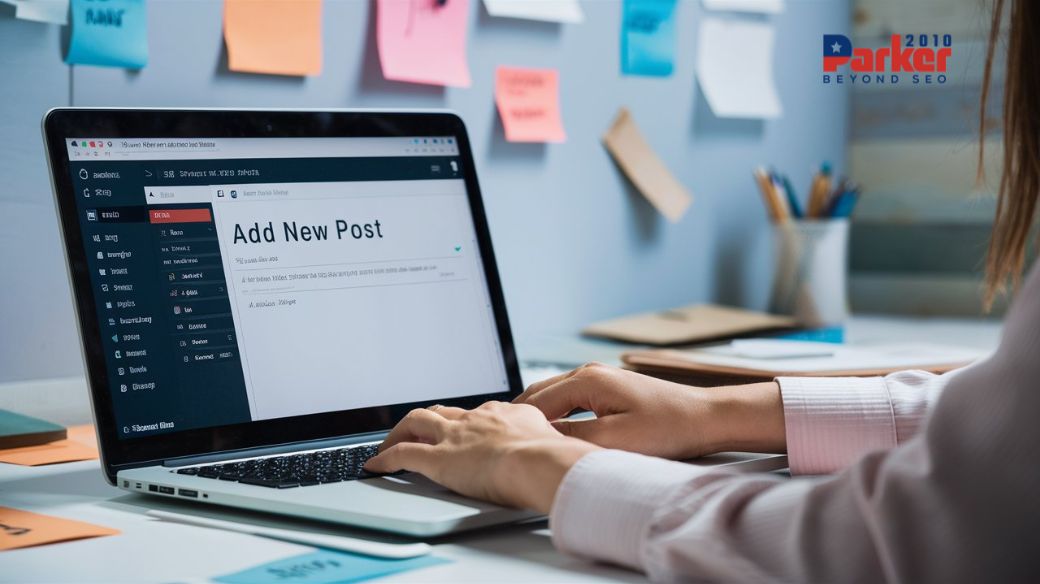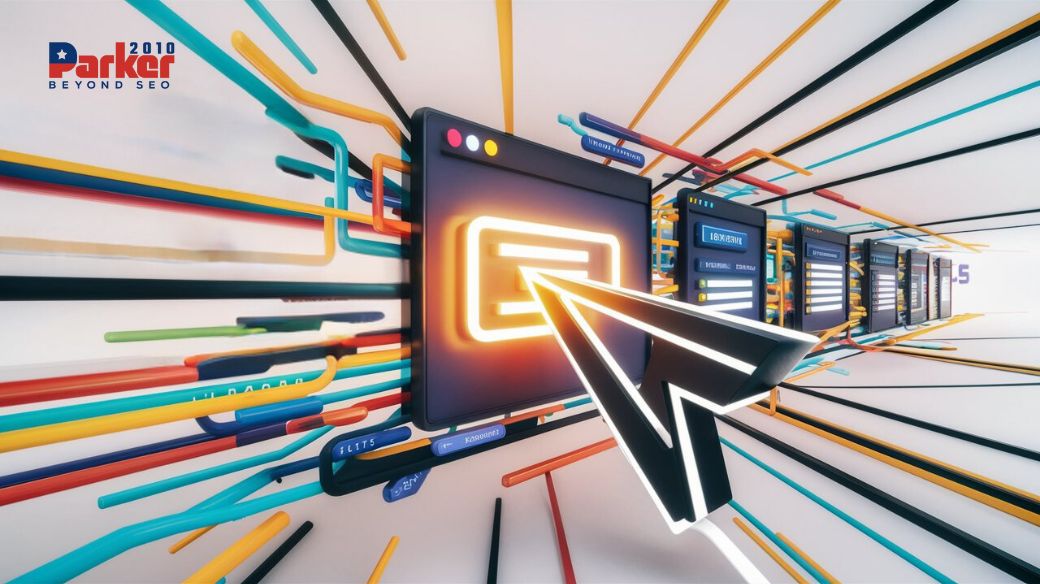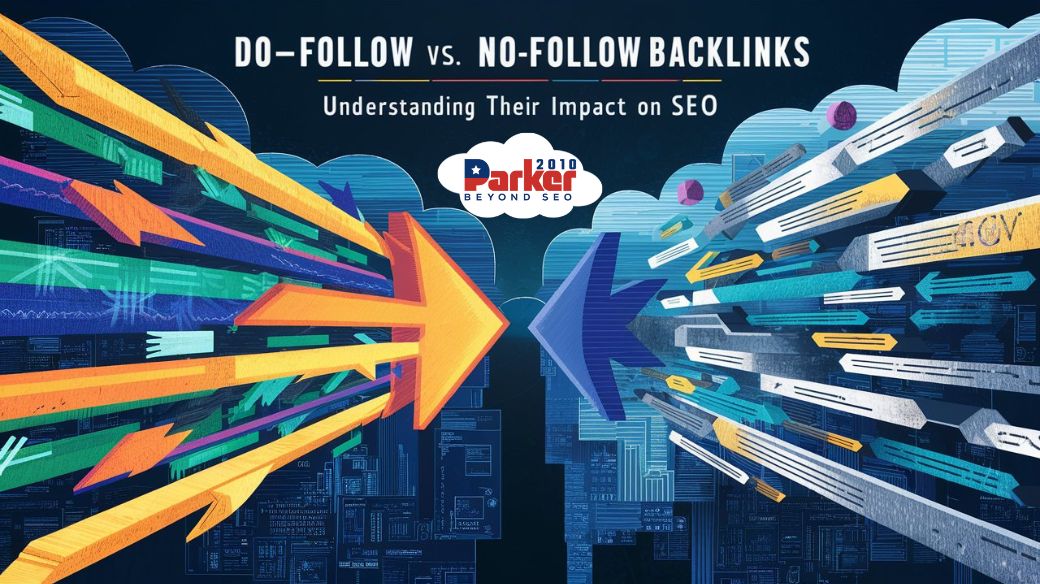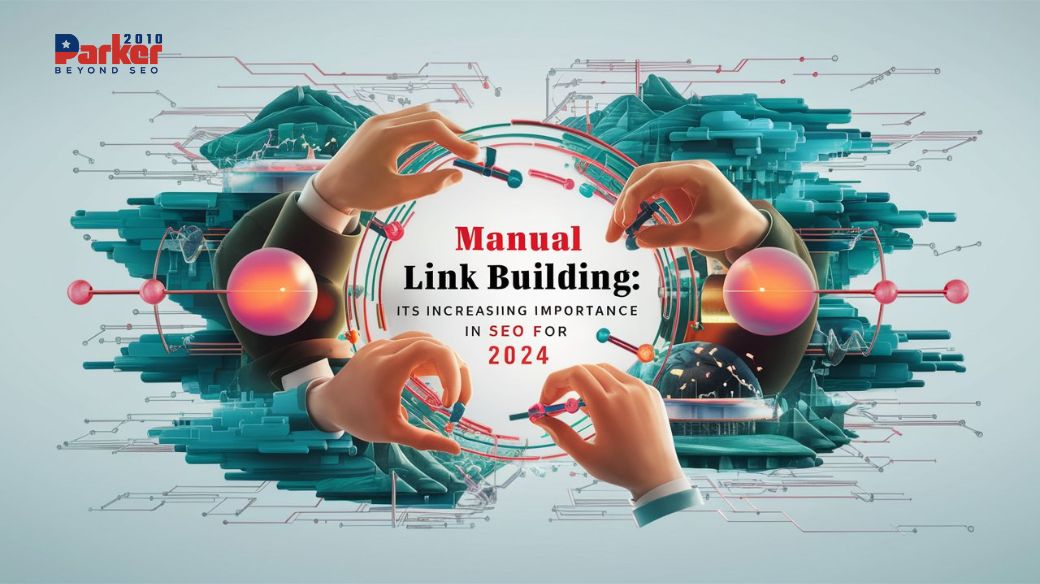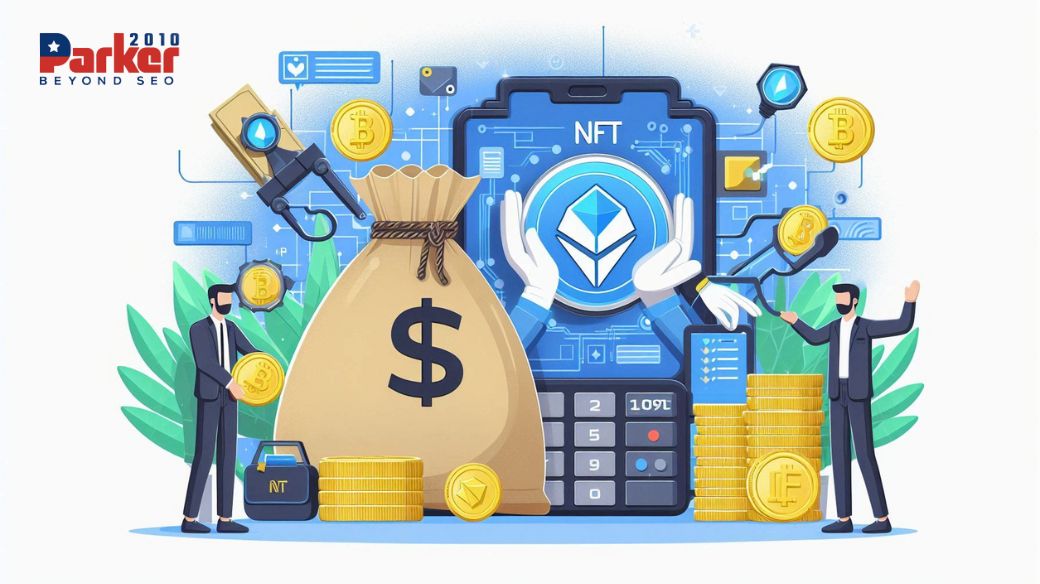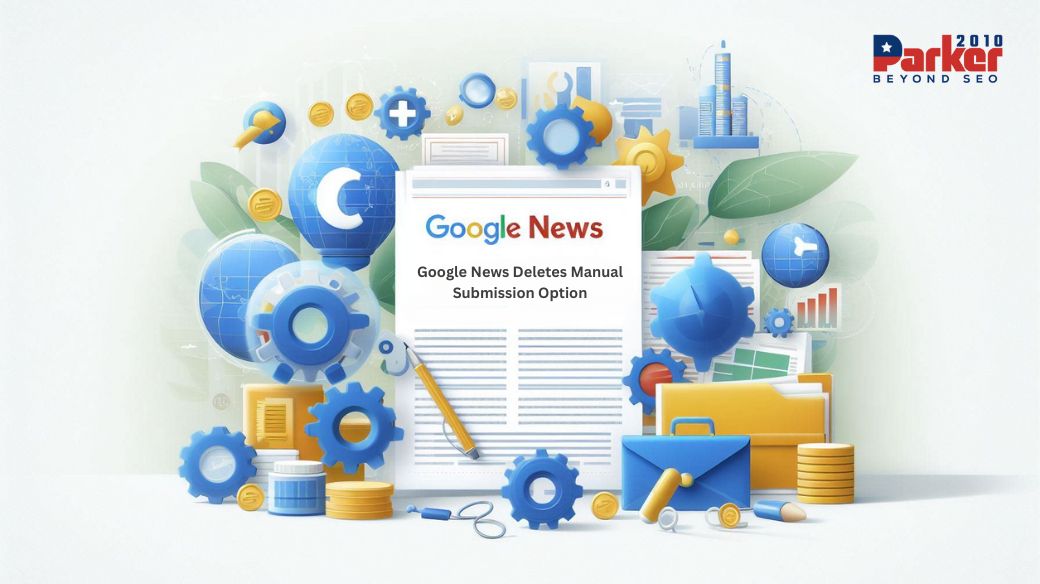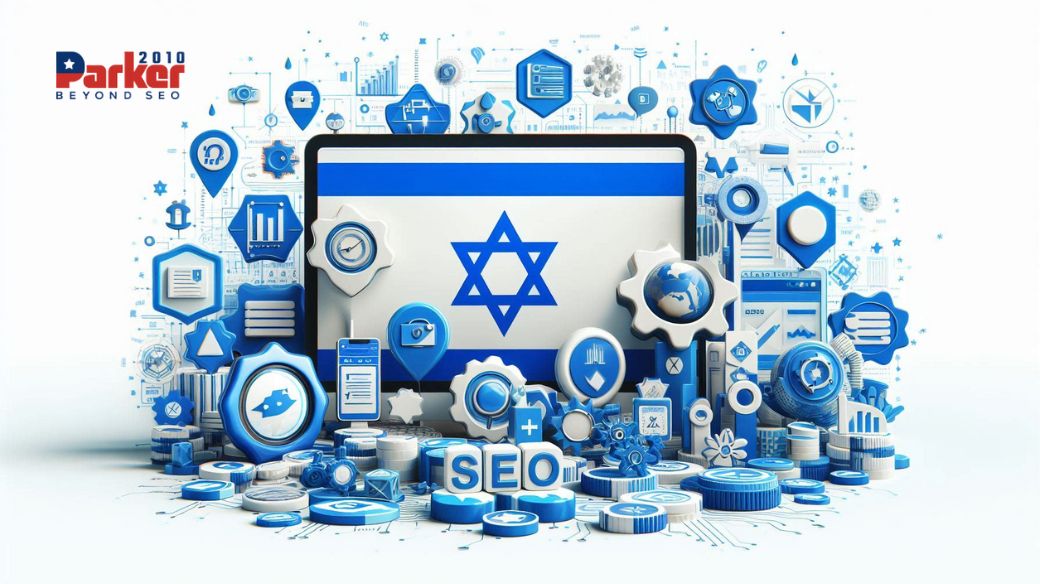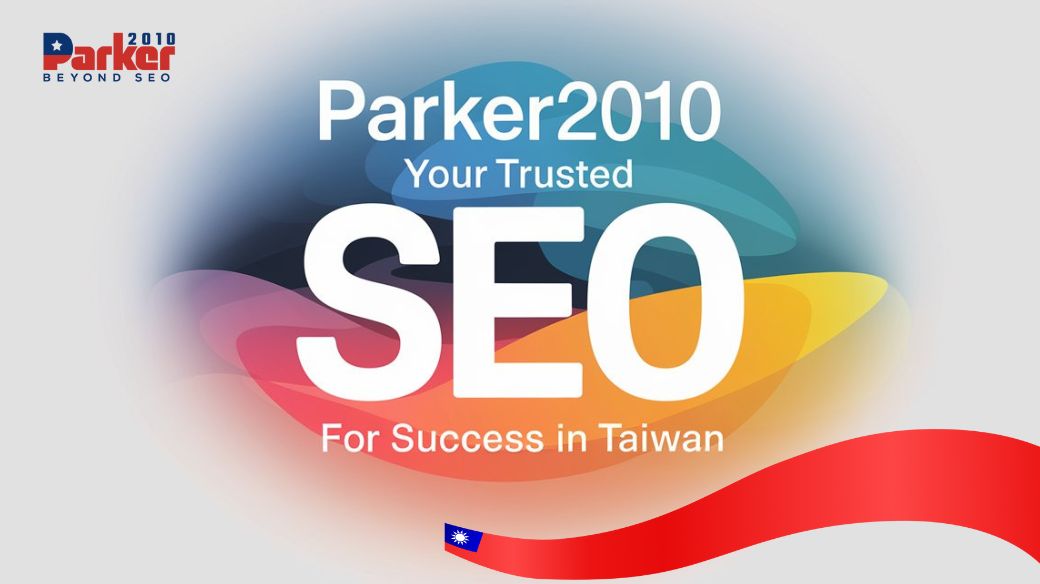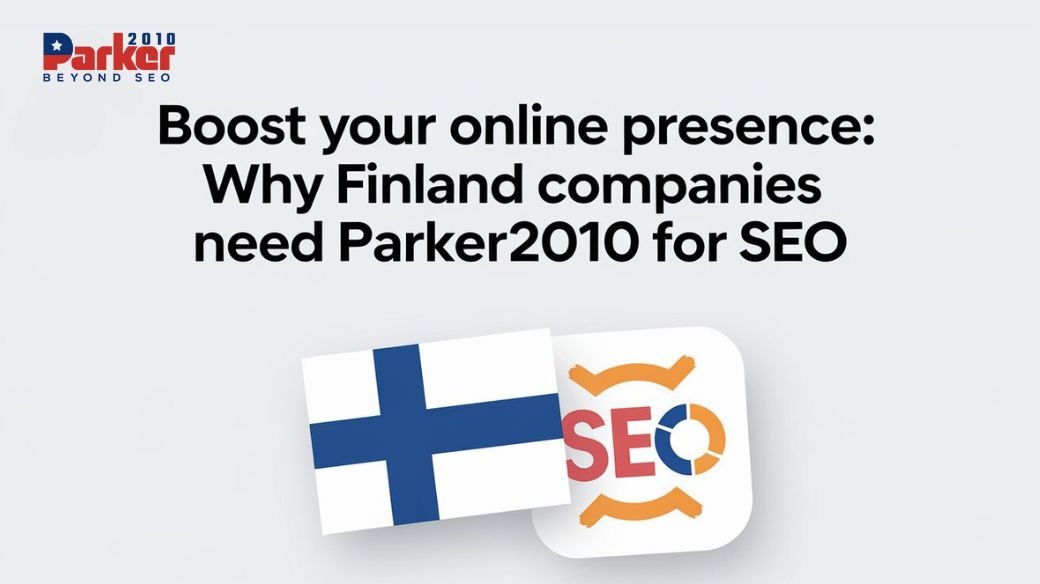Posted at 12:14h
in
Uncategorized
by admin
Press Release for crypto in Asia markets are strategic announcements distributed to media outlets, industry publications, and online platforms across Asian countries to disseminate news, updates, and developments related to cryptocurrency projects, blockchain initiatives, and digital asset ventures. These press release serve as a means to generate awareness, foster credibility, and engage with stakeholders within the rapidly growing and dynamic crypto landscape in Asia.Why Invest in Press Release for Crypto in Asia Markets?Asia's Crypto Dominance: Asia, particularly countries like China, Japan, South Korea, and Singapore, holds significant influence and dominance in the global cryptocurrency market. By targeting the Asian markets with press release, crypto projects can tap into this lucrative and expanding ecosystem, reaching millions of potential investors, traders, and enthusiasts.Cultural Relevance: Asia has a diverse and culturally rich landscape, with unique customs, preferences, and regulatory frameworks governing the crypto industry. Press release tailored specifically for Asian audiences can resonate more effectively, addressing local nuances and sensitivities while conveying key messages and value propositions.Market Expansion Opportunities: For crypto projects looking to expand their presence and user base, the Asian markets offer immense growth opportunities. Press release can help facilitate market entry by raising brand awareness, establishing trust, and attracting partnerships and collaborations with local entities and stakeholders.Regulatory Insights: Asia is home to various regulatory regimes governing cryptocurrencies, with each country adopting its stance and policies. Press release can serve as a platform to communicate regulatory compliance measures, updates, and initiatives, fostering transparency and trust among investors and users.How to Implement...



